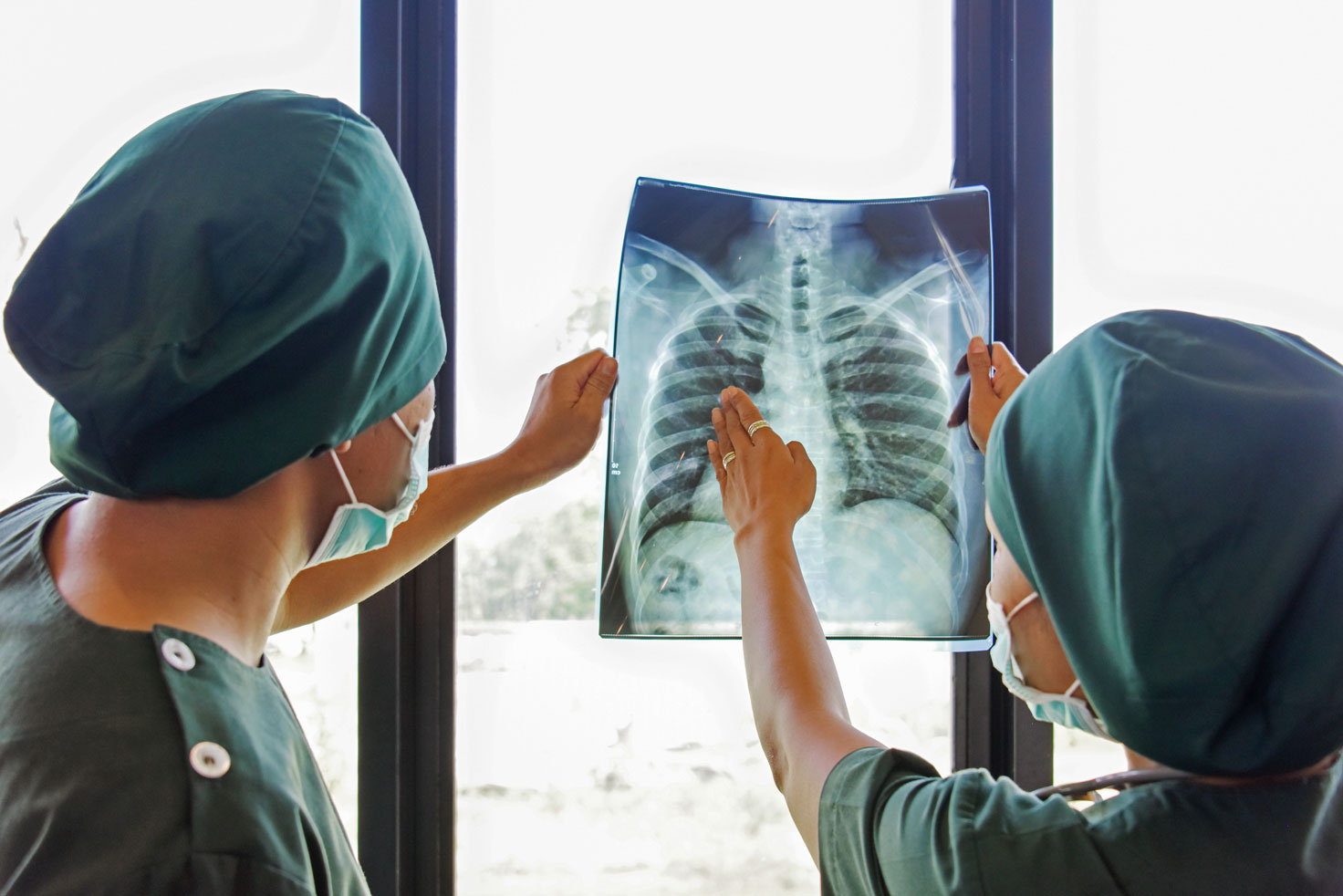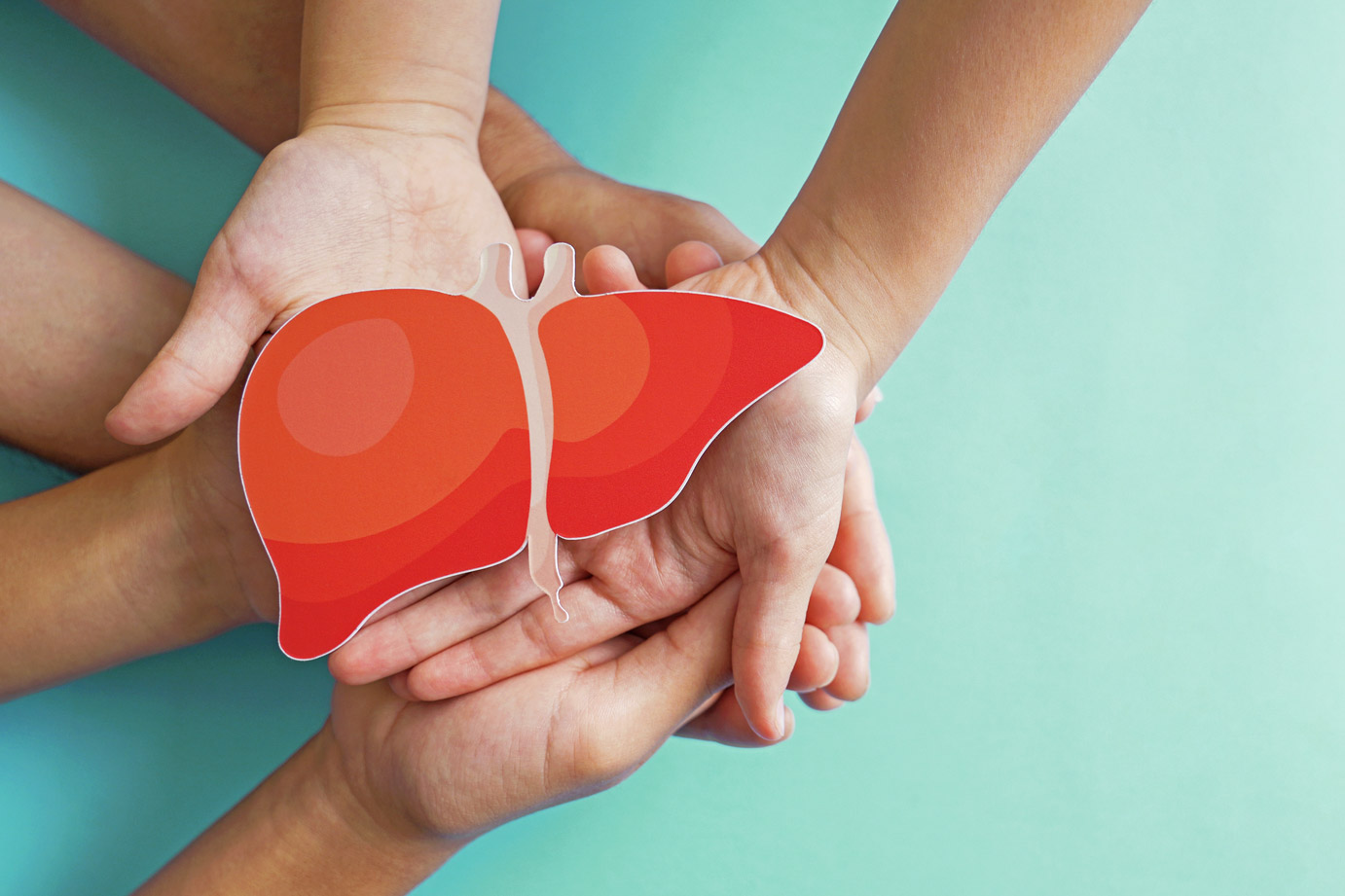Program Overview
The main goal of the Office of State Epidemiology is to prevent and respond to a variety of public health issues through disease surveillance, standardized data collection, meaningful interpretation, statewide standards, and centralized guidance in order to improve health outcomes for our communities.

Chronic Health
To achieve health and wellness for Nevadans, by development and promotion of efforts in four directions to prevent chronic disease: surveillance systems, integration of primary prevention and health equity, evidence-based policies and strategies, and strong partnerships.

Communicable Disease
The Communicable Disease Epidemiology Unit is responsible for developing statewide disease investigation protocols and accompanying materials, collaborating with the Office of Analytics to maintain weekly surveillance of communicable disease trends within Nevada, and providing recommendations to reduce communicable disease transmission and associated negative outcomes.

Environmental Health
Environmental health (EH) deals with all the different ways the world around us can impact our physical and mental well-being. The Environmental Health Unit is focused on the intersect between zoonotic and environmental factors that affect human health.

Epidemiology & Laboratory Capacity
The Epidemiology and Laboratory Capacity for Prevention and Control of Emerging Infectious Disease (ELC) Program is a CDC funded program that provides financial support to the local jurisdictions throughout the state of Nevada to detect, prevent, and respond to emerging infectious disease.

Facility Infection Prevention & Special Population
This program aims to supply State-licensed facilities and pre-K-12 schools with infection prevention practices that best reflect the most recent, up-to-date standards for infection prevention and control.

Healthcare Associated Infection
A healthcare-associated infection (HAI) is an infection that develops during, or soon after, receiving healthcare services or being in a healthcare setting. These infections are considered a threat to patient safety, but HAIs can be prevented.

Health Equity & Occupational Health
The health equity epidemiology program aims to support health equity efforts by partnering with federal, state, and community-based organizations and programs to improve inclusivity through health quality, affordable access to care, and stable health outcomes.

Informatics & Health Information Systems
Our Informatics and Health Information Systems program stands at the forefront of public health innovation, leveraging advanced technology to enhance surveillance, coordination, and response efforts.

Sexually Transmitted Disease Surveillance
The Nevada STD Prevention and Control Program assists state, local and community efforts with interrupting the transmission of chlamydia, gonorrhea, syphilis and other STDs, and reducing the health burden and costs associated with these infections.

Rare Disease
The State of Nevada, Rare Disease Program has established two systems of reporting for sickle cell disease (SCD) and lupus and their variants to conduct comprehensive epidemiologic surveys and to evaluate the appropriateness of measures for treatment of these conditions.

Tuberculosis
The Nevada Tuberculosis Prevention and Control Program assists state, local, and community efforts to decrease transmission of active tuberculosis (TB) and reduce the health burden associated with TB disease.

Viral Hepatitis Surveillance and Prevention
Primary activities of the Viral Hepatitis Surveillance and Prevention Program include development and implementation of a case management program to provide testing partner counseling and referral health education, patient assessment, assistance with insurance enrollment, facilitation of support groups, vaccination against HAV/HAB, and medical follow-up to specialty care, mental health services, substance abuse treatment, and hospice care and other health care services.

